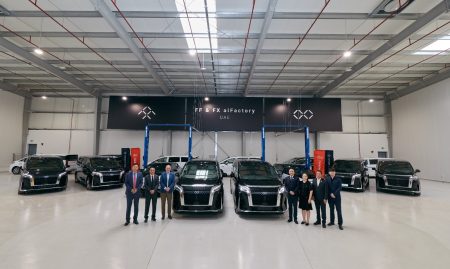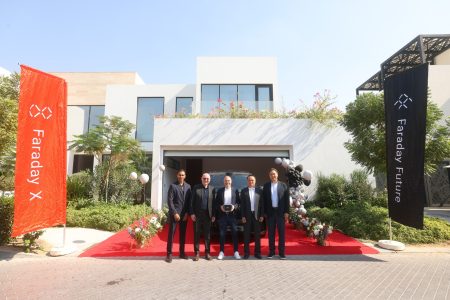Summarize this content to 2000 words in 6 paragraphs in Arabic Unlock the Editor’s Digest for freeRoula Khalaf, Editor of the FT, selects her favourite stories in this weekly newsletter.Investment in European start-ups working on defence and related technologies jumped 24 per cent in 2024 to $5.2bn, outpacing growth in venture capital for artificial intelligence in the continent over the past two years. The figures published on Wednesday by the Nato Innovation Fund and research group Dealroom found that investor appetite for companies such as defence software developer Helsing and drone maker Tekever defied the broader downturn in European VC funding last year. Kelly Chen, partner at the Nato fund, which has raised €1bn to back defence and “deep tech” start-ups, said: “The VC market is cyclical and over the past year or two, it declined 45 per cent. But if you look at what [sectors] still increased, defence, security and resilience had by far the strongest growth.” The figures were released ahead of the Munich Security Conference, which begins on Friday, where US vice-president JD Vance is expected to meet Ukraine’s President Volodymyr Zelenskyy. The Russia-Ukraine war has contributed to a surge of interest from investors in European defence start-ups, which grew 41 per cent over the prior year to $1.5bn in 2024, according to Dealroom. While that helped narrow the gap with US funding in the sector, American defence tech investment still far outpaces Europe’s, hitting $4.3bn last year, driven by companies such as California-based Anduril. The Nato fund’s definition of “defence, security and resilience” companies encompasses a range of tech and energy start-ups, including robotics, biotech, quantum computing, earth observation systems and nuclear power, as well as “dual use” AI systems that could be used in military or commercial contexts. Together, those fields now account for 10 per cent of total venture capital investment in Europe, according to the report. Germany overtook the UK to attract the most VC funding in the space, thanks to a growing cluster in Munich, which accounted for almost $1bn in funding last year. Helsing, which is developing AI for use on the battlefield, raised €450mn last July in a deal led by US fund General Catalyst valuing the Munich-based start-up at about €5bn. Despite frenzied US investment in start-ups building AI models and applications, capital flowing into Europe’s AI sector was broadly flat between 2022, when OpenAI’s ChatGPT debuted, and 2024, according to Dealroom. By contrast, VC investment in defence, security and resilience grew 30 per cent over the same period. The Nato Innovation Fund was launched in 2022 to help fill a gap in funding for companies working on military and commercial capabilities amid concerns that European start-ups lacked the financial muscle of their US peers. Venture investors, in particular in Europe, had long been wary of backing defence tech companies over ethical concerns but that has begun to change since Russia’s full-scale invasion of Ukraine in February 2022.Lengthy government procurement cycles in defence are also seen as a challenge for smaller companies. Chen said the fund was trying to “open up procurement channels”.This is “the chicken and the egg problem”, added Chen. Faster procurement was needed in order for the burgeoning sector to attract more private capital. “For this industry to grow we need more private capital. It won’t just be government grants and public money,” she added.
rewrite this title in Arabic VC funding in European defence and security tech surges to record $5.2bn
مقالات ذات صلة
مال واعمال
مواضيع رائجة
النشرة البريدية
اشترك للحصول على اخر الأخبار لحظة بلحظة الى بريدك الإلكتروني.
© 2026 جلوب تايم لاين. جميع الحقوق محفوظة.








